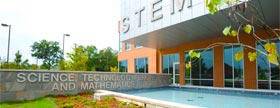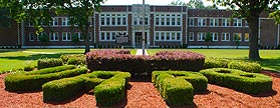Overview of CS
What is Computer Science (CS)?
- According to the Association of Computing Machinery, Computer Science (CS) is a discipline offers a foundation to adapt to new technologies and new ideas, and broken into three categories: designing and building software, developing effective ways to solve computing problems, and devising new and innovative ways of using computers and addressing particular challenges in certain areas.
What are some popular areas of CS?
- Areas of CS include software engineering, software development, project management, information theory, robotics, database management / design, web design, web development, and app development.
What are some important subjects related to CS?
- Important subjects related to CS include physics, algebra, calculus and English.
What are some skills that CS students need?
- Good computer scientists have strong analytical and logical skills, problem solving and communication skills.
Is a bachelor’s degree sufficient to meet the need of jobs in the CS field?
- A bachelor’s degree is sufficient for a number of jobs related to CS but some students return to school to acquire a Master’s or PhD. Getting certifications in different areas, such as networking, database management, or project management can make the student more marketable compared to just having a degree. With our increasing reliance on computer systems, it makes CS a growing field with computer scientists typically being sought after and receiving high salaries.
What are some of the occupations offered for computer scientists?
- Software engineer, web developer, database administrator, network engineer, web designer, software developer, teacher, research assistant, IT consultant, computer engineer, mobile app developer are some of the occupations that are offered with a CS degree.
What are some other disciplines that are related with CS?
- Disciplines related to CS include Computer Engineering, Information Systems, Information Technology (IT) and Software Engineering. To learn more about these disciplines, click here.




